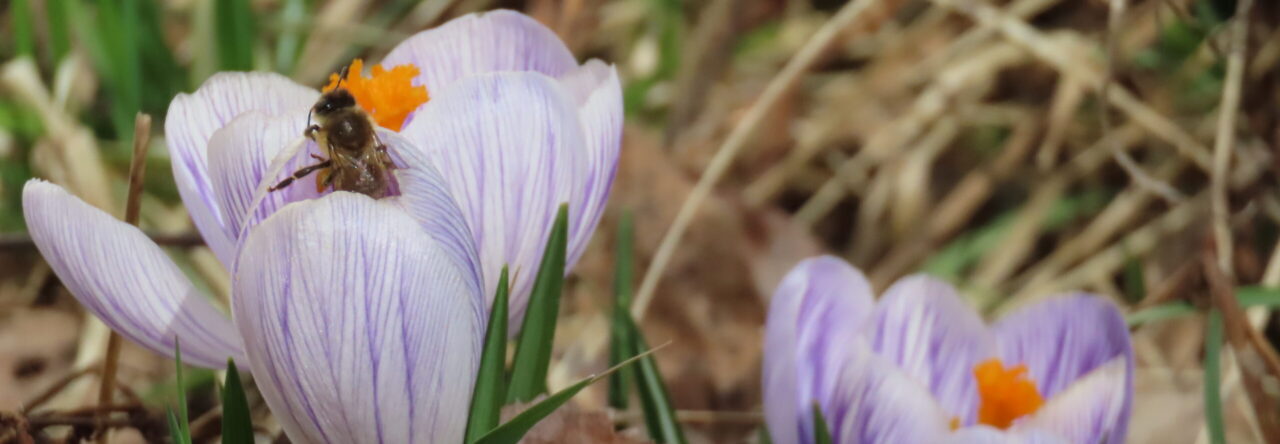5 steps to turn your math curriculum into a daily problem-solving routine
Make Math Moments Virtual Summit session with Mona from monamath.com
Pick one word problem and follow the below routine. Take about 2o minutes to build a deep understanding about a chosen word problem before individual work. The fun is in the students talking to each other about their thinking.


